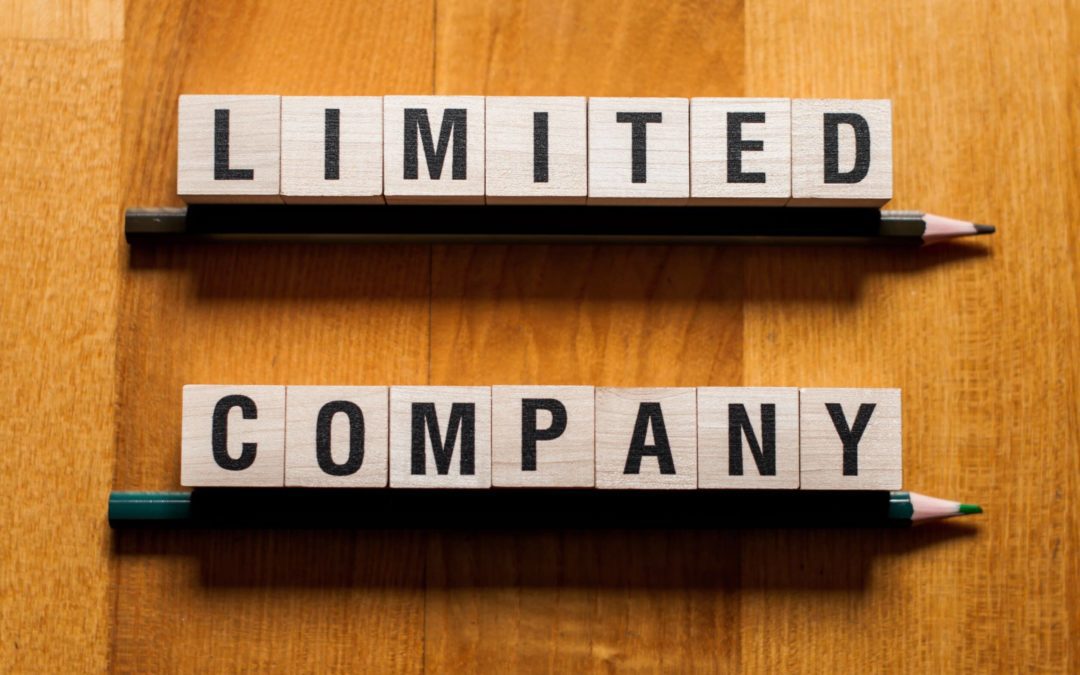Buying a limited company
If you are thinking about buying a limited company, you probably know what it is. But for those of you who don’t, let’s go over the basics.
What is a limited company?
If you own your own company and trade as a sole trader then you are personally responsible for everything and anything that may go wrong – including with regards to the company finances.
Having a limited company means that the owner, or owners, have ‘limited liability. A limited company exists in its own right, and it means that the owners are not directly responsible for the company finances in the event of bankruptcy. So, a limited company may become bankrupt but the owner(s) will not.
Buying a limited company
Once you’ve found a business that you are interested in buying you need to let the agent know. If you are buying a Limited Company it is a purchase of shares and your solicitor will need to draft the Share Purchase Agreement.
If the offer is accepted, the buyer’s legal team will conduct due diligence enquiries to make sure there are no unforeseen liabilities. If serious concerns are raised, you could be advised to walk away from the deal. Due diligence can be a lengthy process, but it is essential. This is because English law does not provide much protection over such purchases.
If you buy a limited company, you are also responsible for informing Companies House and ensuring that they are kept updated throughout the proceedings.
There is a lot of paperwork to go over and account for, such as documents pertaining to:
Share purchase agreement, guarantees, employees, directors and secretary, stamp duty, and of course stock transfer funds.
As you can see it is a complex business, so make sure you instruct experienced solicitors who specialise in commercial law.


